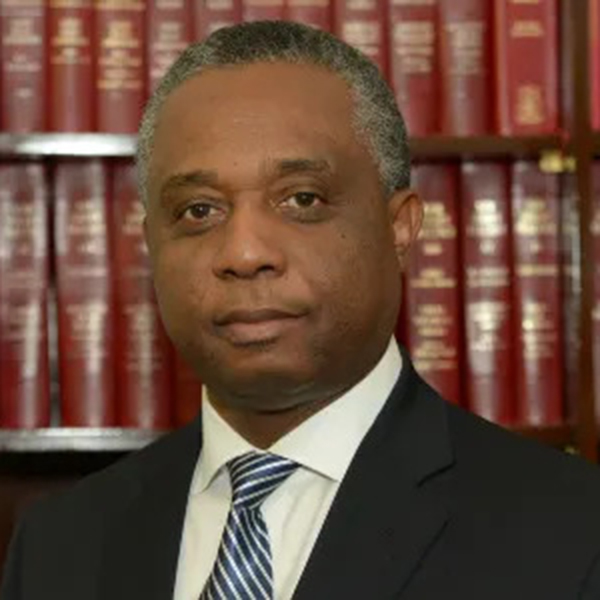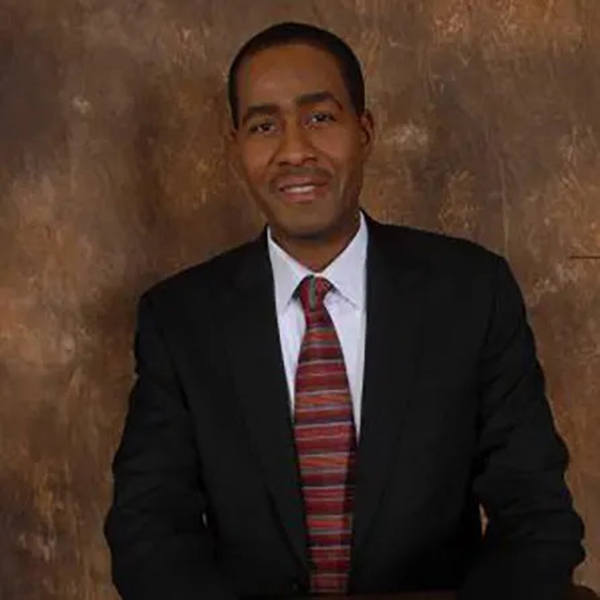Rare Diseases as A Strategic Springboard: Leveraging Orphan Drug Designations and Patent Protection for Increased Investment
Drug innovators are providing much needed focus on rare diseases and, at the same time, leveraging early-stage rare disease results to facilitate down-stream market entry in broad-spectrum diseases. This paper provides a data-based demonstration of how early- and mid-stage pharmaceutical companies are using the Orphan Drug Program—in combination with pursuing patent portfolio protection—to secure investment and de-risk their platforms, thus lowering the financial barrier for expanding their product pipeline. The Orphan Drug Program—which is available for drugs that treat diseases affecting fewer than 200,000 patients annually in the United States—provides a number of incentives that can lower the barrier for successfully...
Continue reading










